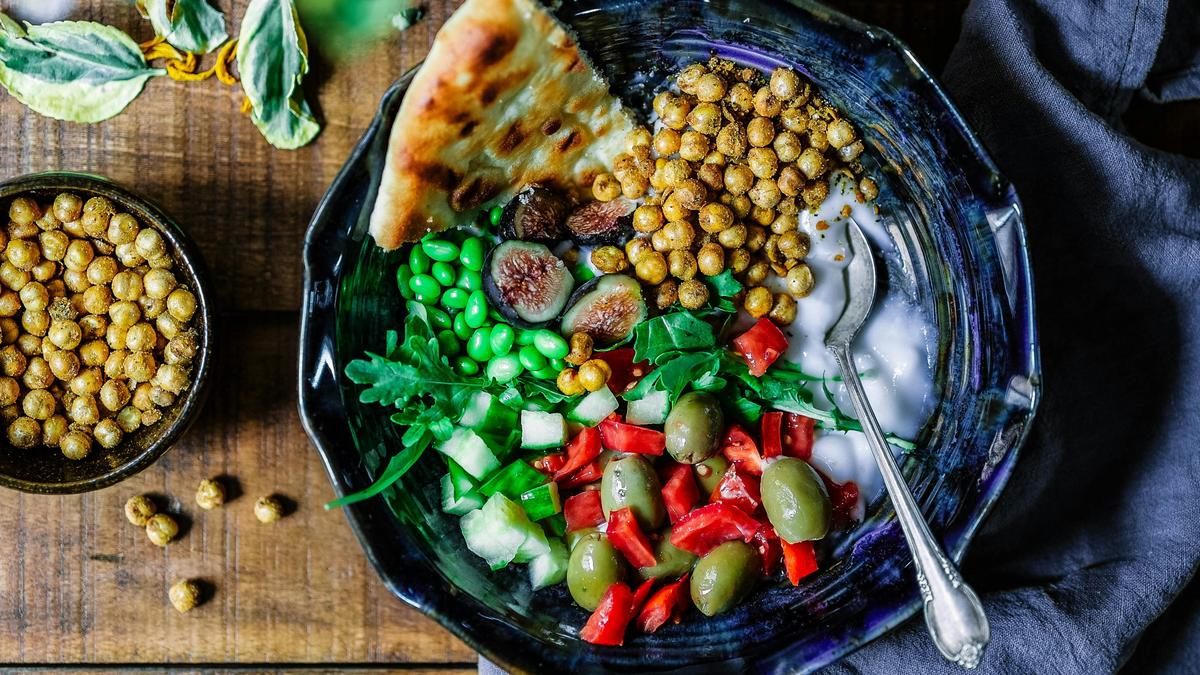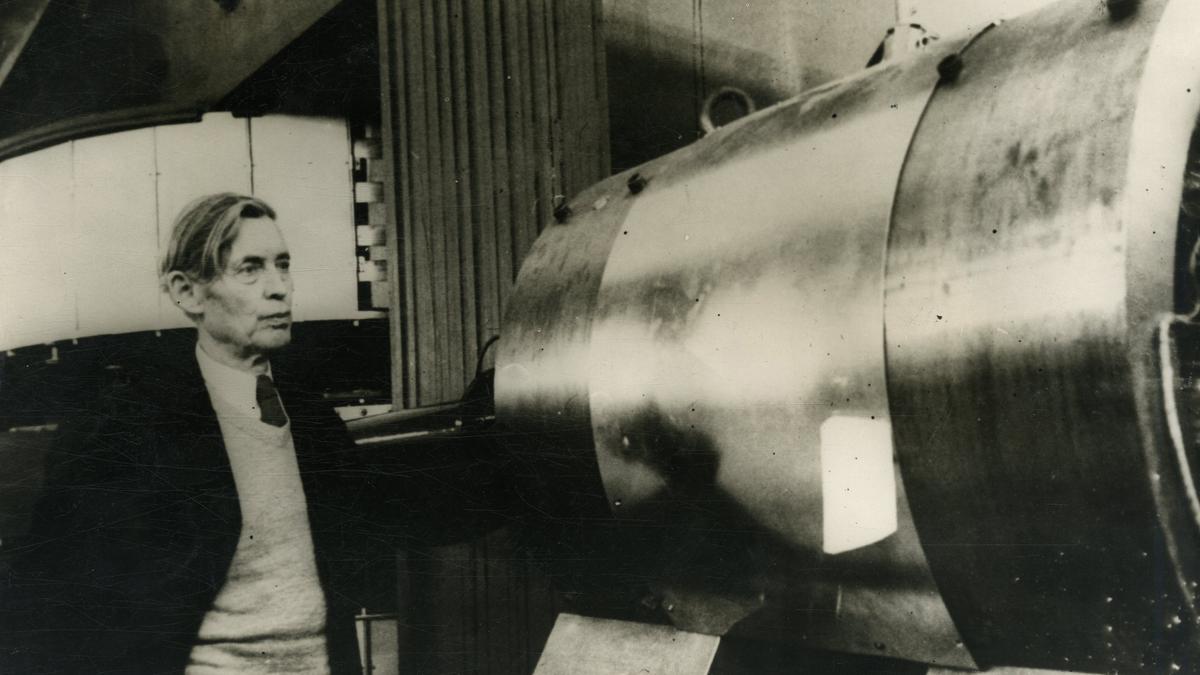[ad_1]

Scientists have known for some time that biological matter can pack in more information for the same volume. Representative illustration.
| Photo Credit: Galina Nelyubova/Unsplash
But despite how good engineers have become, nature remains ahead. Scientists have known for some time that biological matter can pack in more information for the same volume. For example, DNA, the super-molecule that contains our genes, is expected to be able to hold more than 200 petabytes of data per gram. Scientists have reason to believe such ‘biological storage’ is also more energy-efficient and resilient against physical shocks.
On May 16, a team led by Bipin Pandey at the University of Texas reported storing an 11-character password in a molecule they made in the lab. These molecules, called sequence-derived oligourethanes (SDOs), were polymers made of four monomers. The sequence of monomers dictated what information an SDO encoded. When an SDO is degraded in a controlled way, the sequence is read by a technique called differential pulse voltammetry to reveal the encoded information.
The next steps include speeding up the ‘reading’ process — it currently takes 11 hours — and “to interface the polymers with integrated circuits, where the computer chips become the readout system for the stored information,” a press release from the university read.
Published – May 18, 2025 05:00 am IST
[ad_2]
Source link





